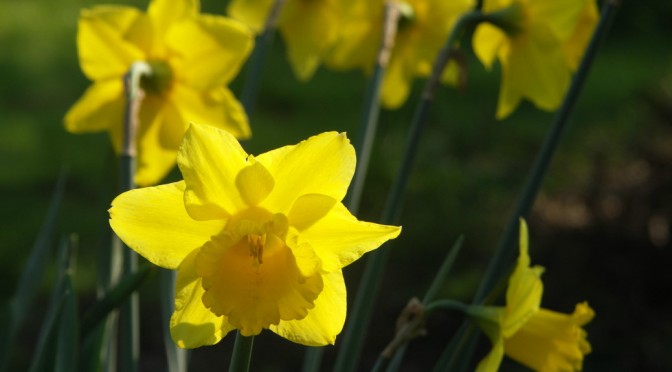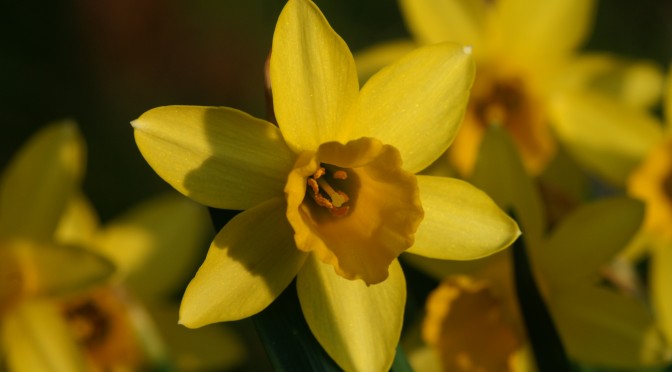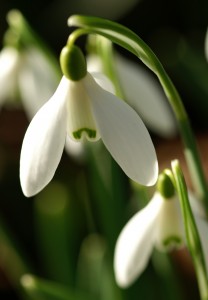United Nations International Day of Happiness
Firstly, I did not know there was a UN resolution for me to be happy today on the International Day of Happiness, nor that there was an International Society of Happiness Professionals! Perhaps their job is to help me pursue it, attaining it is another matter, a goal, not a right. However, in a UN Resolution adopted by the General Assembly on 28 June 2012 it decreed:
“Recalling its resolution 65/309 of 19 July 2011, which invites Member States to pursue the elaboration of additional measures that better capture the importance of the pursuit of happiness and well-being in development with a view to guiding their public policies, conscious that the pursuit of happiness is a fundamental human goal, recognizing the relevance of happiness and well-being as universal goals and aspirations in the lives of human beings around the world and the importance of their recognition in public policy objectives, recognizing also the need for a more inclusive, equitable and balanced approach to economic growth that promotes sustainable development, poverty eradication, happiness and the well-being of all peoples, decides to proclaim 20 March the International Day of Happiness!” – United Nations
The Pursuit of Happiness
But as Benjamin Franklin once said, “The Constitution only gives people the right to pursue happiness. You have to catch it yourself.” Although some would argue that the more you pursue it, the more it runs from you – I’m inclined to agree. It’s a state of being not chasing. Whatever the American Declaration of Independence granted “Life, Liberty and the pursuit of Happiness” as an inalienable right, pursuit is no guarantee of capture:
“We hold these truths to be self-evident, that all men are created equal, that they are endowed by their Creator with certain unalienable Rights, that among these are Life, Liberty and the pursuit of Happiness. – That to secure these rights, Governments are instituted among Men, deriving their just powers from the consent of the governed, – That whenever any Form of Government becomes destructive of these ends, it is the Right of the People to alter or to abolish it, and to institute new Government, laying its foundation on such principles and organizing its powers in such form, as to them shall seem most likely to effect their Safety and Happiness.” – American Declaration of Independence
Revolution to bring about change, overturn a government, to better “effect…safety and happiness” now that’s radical!
The 17th century English philosopher and liberal John Locke, said to have influenced the US Constitution, wrote in his ‘Essay Concerning Human Understanding‘ that “the highest perfection of intellectual nature lies in a careful and constant pursuit of true and solid happiness”.
UN Secretary-General Ban Ki-moon said:
“The pursuit of happiness lies at the core of human endeavors. People around the world aspire to lead happy and fulfilling lives free from fear and want.”
Does pursuing happiness annoyingly aid its very escape, making it elusive rather than an elementary state that can be taught and caught?
Happiness – All in the Mind?
Yes, we would all like lives free from fear and want, but in this world, is that any time soon? Or can we follow the optimists and Abe Lincoln and think ourselves happy, despite outward circumstances:
“Folks are usually about as happy as they make their minds up to be.” – Abraham Lincoln
Will a positive outlook overcome those fears and wants? It certainly won’t feed us, unless we believe in some kind of positive law of attraction that by being happy we will attract to ourselves good things.
Is it as simple as clicking on www.wikihow.com/Be-Happy and following the simple steps for “How to Be Happy”? I certainly wouldn’t suggest it to anyone who has suffered from depression as I have, yet paradoxically, I have also felt an inner happiness even amidst the powerlessness and chemical low of depression. So is happiness about acceptance, contentment – even in poverty, insecurity, and challenges to mental wellbeing?
“in my darkest depression and suicidal, I, also, ceased being an optimist. Indeed, as someone who suffers from a bipolar disorder…it is all I can do to stay on top of my mood swings, and near impossible to influence them, just manage them. I do believe that, at times, one can think oneself happy – or content, at least, despite the surrounding circumstances. For, whatever may be done to the body, the mind is our last refuge and sometimes the greatest place of anxiety and attack. Yet, if we can calm that, then we may find peace amidst the storm, and internal/eternal sunshine in the darkest winter.”
Wealth and/or Happiness?
Studies suggest that a certain minimum level of wealth aids happiness but wears off with future income increments (hedonic adaptation) and lottery wins do not a happy person make. Indeed, with both wealth and poverty comes worry, worry you’ll never have it and worry you might lose it. To have money without worry would be nice. Whether you are rich or poor, being compassionate and generous can make one happier and the poor often give more than the rich, proportionately.
“Making $60,000 more in annual income has less of an effect on your daily happiness than getting one extra hour of sleep a night.“, according to psychology professor Norbert Schwarz. Similarly, “differences in reported sleep quality are associated with a very large difference in reported enjoyment during episodes at home.” – Having been both in chronic eviction-worthy debt and suffered for 44 years from insomnia, clearly I was not worried about money at 5 but I was at 45. I’m still an insomniac, but $60k might reduce anxiety further.
Just be Grateful
It is commonly suggested that being grateful can help, it puts things in perspective, and allows you to focus on the positive amidst the doom and gloom, and may lift you and turn your vision outwards and upwards. All happiness and depression can be relative. Relative to another’s better or worse condition. But the words are just words and often of little comfort when told at least you have your health, when your lack of wealth means you are fighting off debt collectors or losing your job or relationship. Indeed, your health may ungratefully quickly follow the loss of other things.
Be Yourself
Albert Camus said, “To be happy we must not be too concerned with others”, constant comparison, pressure to conform, following the crowd, keeping up with the Joneses. Being yourself takes less energy and improves your sense of happiness.
“Nobody realizes that some people expend tremendous energy merely to be normal.” – Albert Camus
Can Happiness be Measured in an Index?
Today may be the International Day of Happiness but the reality of that is hugely personal, cannot be dictated from on high, whether by religion or politics – the UK government even attempts to measure a happiness index but there are many ways to measure it. Whilst it cannot, to my mind, be enumerated, feeling and experiencing it, are of immeasurable worth.





